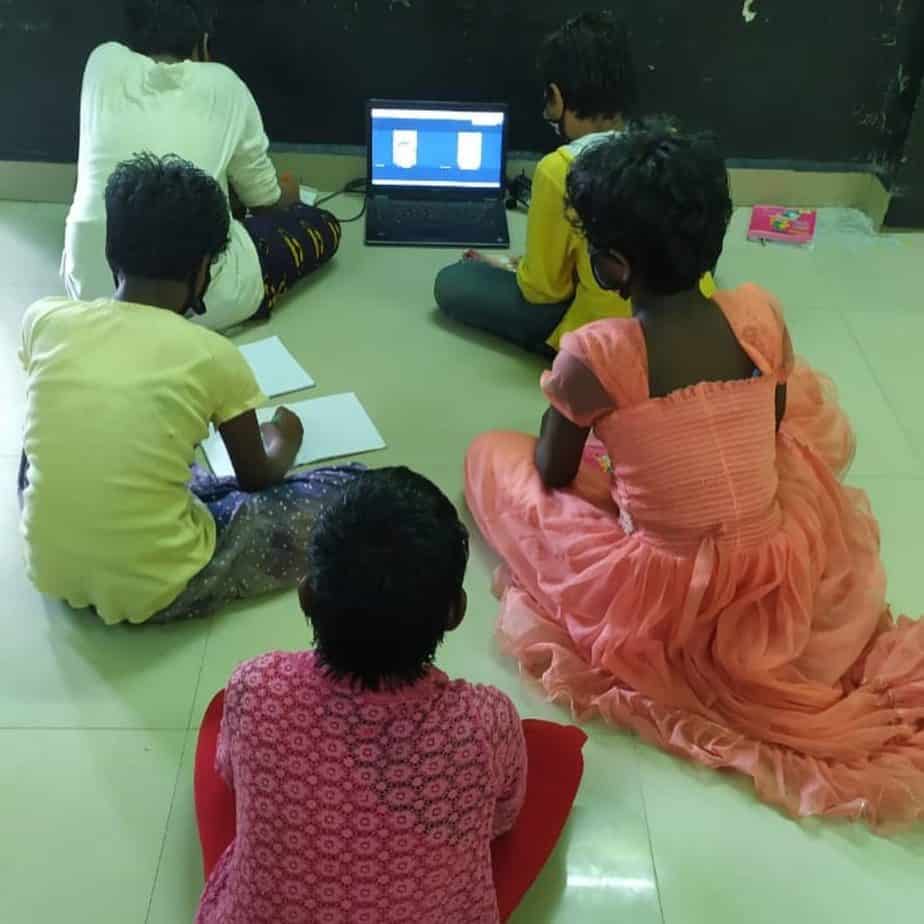“Education is what remains after one has forgotten what one has learned in school.” – Albert Einstein.
Whenever I read this this quote, I always joke that our Indian education system, being evaluation based, makes sure that we forget most of what we learn!
But the same quote takes on a new meaning in the present context when children have almost forgotten what they used to take for granted – to learn in a physical classroom with a teacher supervising and teaching them, in person.
Schooling in times of COVID-19
It will soon be six months since schools shut and education has slowly metamorphosed into an online format. There has been ample discussion on virtual education with digital training for teachers and a host of initiatives to take learning online.
Private schools have moved their students to the virtual classroom with technology, books and teachers in place. Parents have ensured that their children gave adapted to a new structure of learning, virtually.
But, these are only the privileged few! What about the children who study in government or corporation schools? Or those who live in smaller towns or rural India? Unfortunately, the pandemic has created a digital divide that separates the privileged class from the poorer sections among students.
The digital divide
Online school or elements of it will continue to be part of the new normal in the post-pandemic world. The key drivers for this will obviously be access to technology and infrastructure. I am told that almost half the population in Chennai has access to a phone not because they own one but because someone in their family has one.
The cost of mobile data is high, power cuts are rampant and in remote areas, even electricity is a luxury. All this makes access to online education for a few hours every day almost improbable. Consequently, we have lakhs of children from poor families whose lives are at a pause amidst the coronavirus.
The Perumbakkam story
I tried to reach out some parents and teachers of younger school students in the tenements of Perumbakkam, a resettlement colony, and found that almost all of them are struggling to bridge the digital gap — many families didn’t have smartphones, let alone laptops.
Some said they didn’t have mobile connectivity, most parents were daily wage earners and took their only phone with them to work. And families with more than one child at school face a different struggle altogether!
While most of them did have a television in their home, the children weren’t concentrating on the lessons being telecast. It’s taking a long time for these schools to start the online journey of education with their students, with feeble result.
Even so, it was heartening to find that some enterprising government schools had managed to reach out to (some of) their students. Their teachers were digitally trained by volunteers and were learning to deliver effective lessons and even create personal touchpoints with students in virtual lessons.
Moreover, by virtue of teaching and training being virtual, it’d been possible for schools and institutions in Kanchipuram, Trichy and even Aikudy to reach out for digital training and academic content from Chennai. But however encouraging, these cases are still far and few.
Dropping out not an option
As a person from an NGO that works with economically disadvantaged children said, “our children come from a very different social background. We don’t want them to give up on school and go back to work for financial reasons. School used to be a safe haven for many of them, from mental or physical abuse. We need to get them back to school.”

With the general news being that schools won’t reopen for some more time to come, the need for online education to reach every school going child is immediate. We need a cohesive effort by all stakeholders – the government, educators, corporates, social organisations and civic society – to press the play button in their school life again and the outcome can be life-changing! Maybe, this will even go on to making literate India a reality.
We need more disbursement of gadgets among students and a partnership with a service provider for access to free data for all students. Till that happens, we keep helping those around, have conversations with the government, make change at the micro level and hope that education stays with our children, even after they have forgotten what they learnt in school.
[The post was originally published in the blog of Chennai Volunteers and has been republished with permission. Read the original here.]